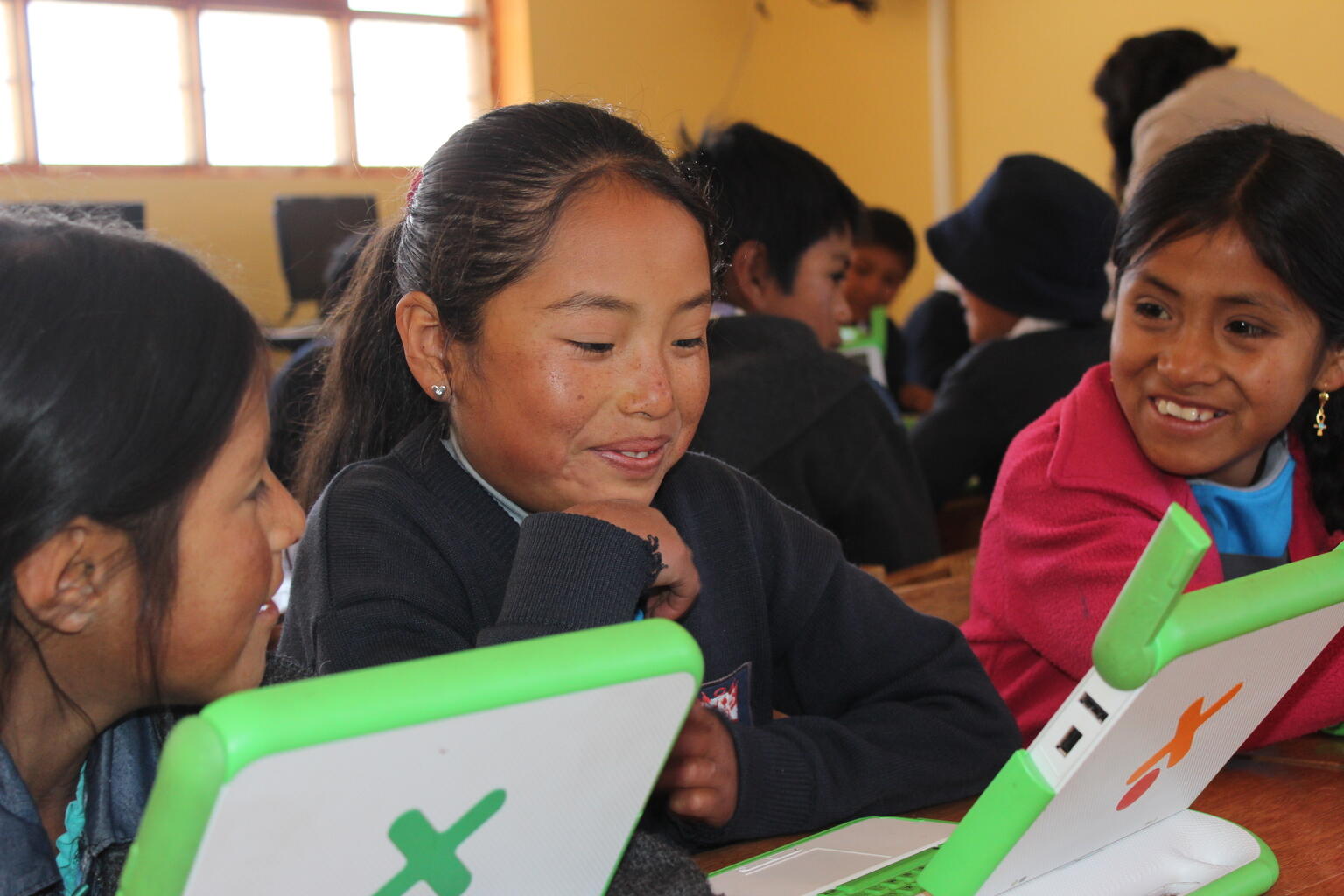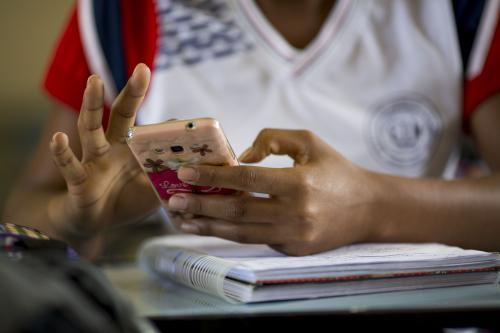
In a huge step forward to tackle online child sexual exploitation and abuse (CSEA), Peru has passed a new law which makes it mandatory for Internet service providers to inform their users about parental filters. Such filters help better ensure safety by keeping out child sexual abuse material (CSAM) or other content that could lead to abuse of children. In addition to the new stipulation, it also broadens the definition of violence, including crimes that occur through technological means. The law is a major milestone for the country to better protect children against the many forms of violence online.
Latest data from the Internet Watch Foundation (IWF) reports a tenfold increase in child sexual abuse material online since the COVID-19 pandemic. Data from the End Violence funded multi-country Disrupting Harm project shows that up to 20% of 12–17-year-olds across 13 countries were subjected to online sexual exploitation and abuse in the past year alone. The law in Peru is the latest in a series of progressive legislations tackling online CSEA by governments across the world which are fast waking up to the danger of this rapidly growing global threat.
The Bill in Peru was initially proposed in 2020 by Capital Humano y Social (CHS) ALTERNATIVO, a Safe Online grantee. It specified that internet service providers are required to inform their users about the need to install filters, free or paid, to block harmful content on home or mobile devices, conversation channels or any other form of network communication. Non-compliance by the companies operating the internet service constitutes a serious offense, sanctioned by OSIPTEL, a State Supervisory Agency in Telecommunications. Places where people can access public internet including internet booths, restaurants, hotels, airports, government facilities, etc. are required to place parental filters and must guarantee that their services have minimum records so that web pages, conversation channels or any other form of online communication, content and/or pornographic information cannot be accessed.
Safe Online has funded CHS Alternativo to raise awareness on online CSEA and strengthen response mechanisms to prevent it. The project was successful in strengthening capacities for responding to cases of online CSEA in almost 400 service providers including justice operators, teachers and administrative personnel. The organisation also conducted a study in seven regions where the project was being implemented, evaluating the services provided to victims of violence. This research was used to inform advocacy efforts towards developing national protocols and response strategies to address online violence.
“Peru is an important success story and points to the critical work that Safe Online grantees are doing across the world”, said Marija Manojlovic, Director, Safe Online Initiative at the End Violence Partnership. “As Safe Online, we leverage our investments to build strong foundations for a safe internet across the globe and strengthen systems at the national level by focusing on strong legislative and policy frameworks”, she added.
Peru is an important success story and points to the critical work that Safe Online grantees are doing across the world.
CHS Alternativo played a key role in advocating for the new law given the increase in internet access by children and adolescents in the country. According to the National Institute of Statistics and Information in Peru, internet access of children between 6 and 11 years in 2020 was 69.8%, an increase of 29% compared to 2019. The organisation also highlighted the lack of awareness on the issue of online CSEA as a key risk to children and young people.
“Thanks to the support of Safe Online, CHS Alternativo implemented a digital patrol experience to identify innovative recruitment strategies for the purpose of sexual exploitation on the Internet. Our study gave priority to digital environments where children and adolescents have the most interaction, that is, video game environments and social networks. In addition, CHS Alternativo conducted various surveys that revealed that around 890,000 children have faced situations of risk and sexual assault. As a result of the findings, Law No. 31664, was unanimously approved in the Congress of the Republic.Without the valuable contribution of Safe Online both studies would not have been possible”, said – Ricardo Valdés, CHS Alternativo Executive Director.
Peru has a number of progressive legislations to tackle online CSEA. This includes Act No. 27337, Code of Children and Adolescents; Act No. 30254, Promotion Law for the safe and responsible use of Information and Communication Technologies by Children and Adolescents and the Multi-Sectoral National Policy for Girls, Boys and Adolescents. The new law will strengthen the existing framework and help to create a safe digital future for children and young people in the country.
Learn more about the work of the Safe Online initiative.
Image:
© UNICEF/UN0405470/UNICEF Perú

